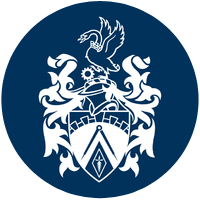项目概述 / Program Summary
Program Description
At Brunel, they understand that specialist knowledge should be built on a sound grounding of all the areas of biomedical sciences. This means that the first year will cover areas such as the human body, biochemistry and research skills. As students continue through their degree they will study the specialist area of human health and learn about the role of infectious organisms in disease and how human activities can lead to disease transmission.
And if students change their mind about their specialist area, no need to worry. The flexibility of this course at Brunel means that they can switch to another specialist pathway in the second year or even take the general Biomedical Sciences BSc.
The Royal Society of Biology has awarded its accreditation to all of Brunel’s BSc Biomedical Sciences programmes. This means students can be confident that their degree will prepare them for the working world – and their prospective employers will know this too. Graduates receive a one year’s membership as an Associate Member once they graduate, integrating them into the sector with access to key contacts and up-to-date knowledge.
In the final year students have the opportunity to contribute to Brunel's research programmes in cellular and biochemical pathways, the regulation of gene expression, DNA repair and immunological responses to microbial infection. This will give students first-hand experience of real-world laboratory research and prepare them for their future career.
相似项目 / Similar Programs

3年学士学位
项目等级

36月
项目时长

£16008.00 英镑 / 年
生活成本

£23615.00 英镑 / 第一年
总学费

£0.00 英镑
申请费用
